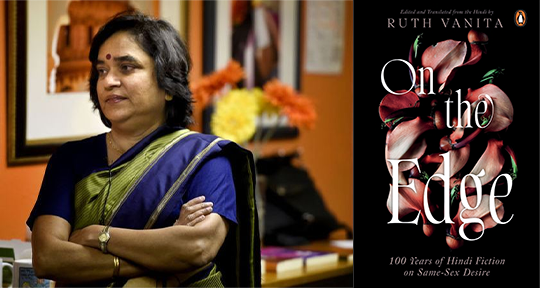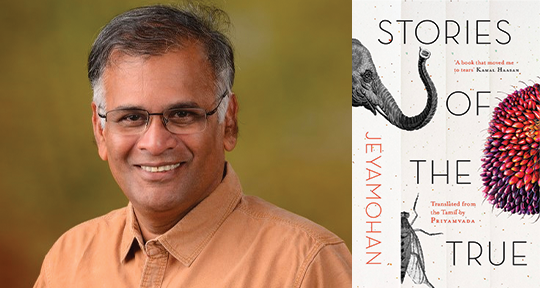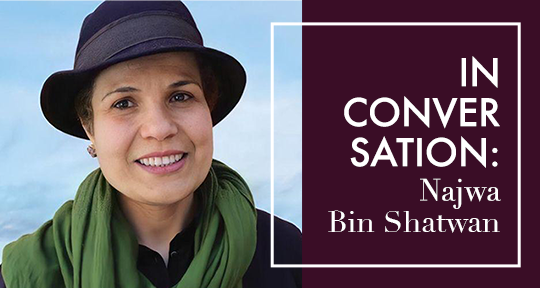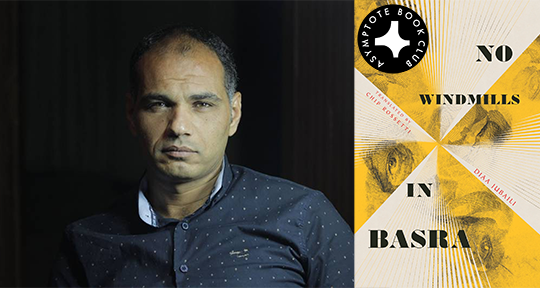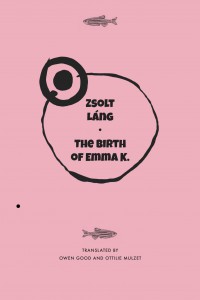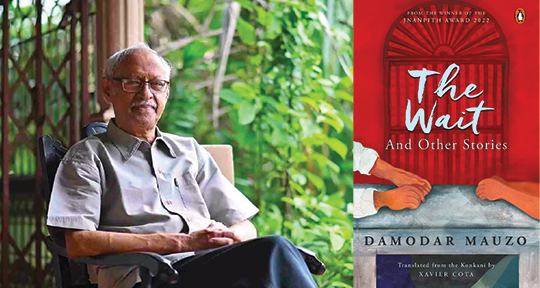In this month’s round-up, we present three works in singular styles. From Venezuela, Maria Pérez-Talavera gives us non-linear journal entries composed from a mental hospital. From Poland, modernist master Witold Gombrowicz puts his own spin on the Gothic tale, painting a psychologically sensitive portrait of a shifting society. And from India, some of the bold, experimental short stories of Rajkamal Chaudhary are gathered in a sharp and comic collection of unconventional plotlines and characters. Read on to find out more!

The Possessed by Witold Gombrowicz, translated from the Polish by Antonia Lloyd-Jones, Fitzcarraldo, 2023
Review by Iona Tait, Executive Assistant
A haunted castle, a mad prince, a pair of doubles, and a clairvoyant who saves the day—Witold Gombrowicz’s The Possessed has all the quintessential trappings of nineteenth-century Gothic fiction. Originally released as a serial in the summer of 1939, The Possessed merges its classic motifs with mystery and a comedy of manners, offering a remarkably profound reflection on authenticity at a time when older Polish divisions of social classes were being transformed.
Neighboring the Gothic castle—that relic of “antiquity breathing its last” where a deranged prince and his cunning secretary reside—lies a manor-turned-boarding house. Mrs. Ocholowska, the landowner and member of a downwardly mobile minor nobility, receives guests across all social classes: the petit-bourgeois Councilor Szymczyk, nosy and bickering middle-class women, a curious academic known as Skolinski, and a working-class tennis coach and parvenu named Marian Leszczuk. The latter proves to be a formidable rival to the tennis superstar and spritely daughter of the landowner, Maja Ocholowska, who is at the novel’s outset engaged to the secretary.
Lesczuk and Maja, however, are not only an equal match on the court; they also exhibit an uncanny similarity in their gestures and ways of speaking. Simultaneously attracted to and repulsed by this similarity, the pair undergo a process of self-discovery together, journeying between the manor and the haunted castle, with intermittent getaways to Warsaw. READ MORE…



